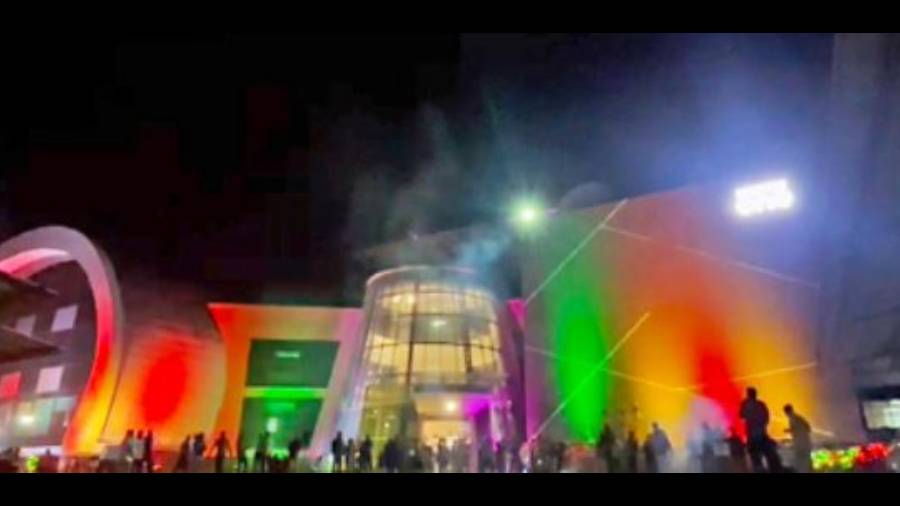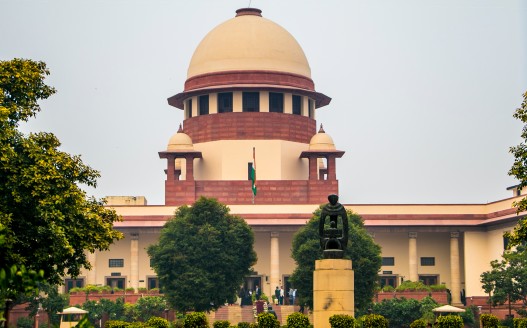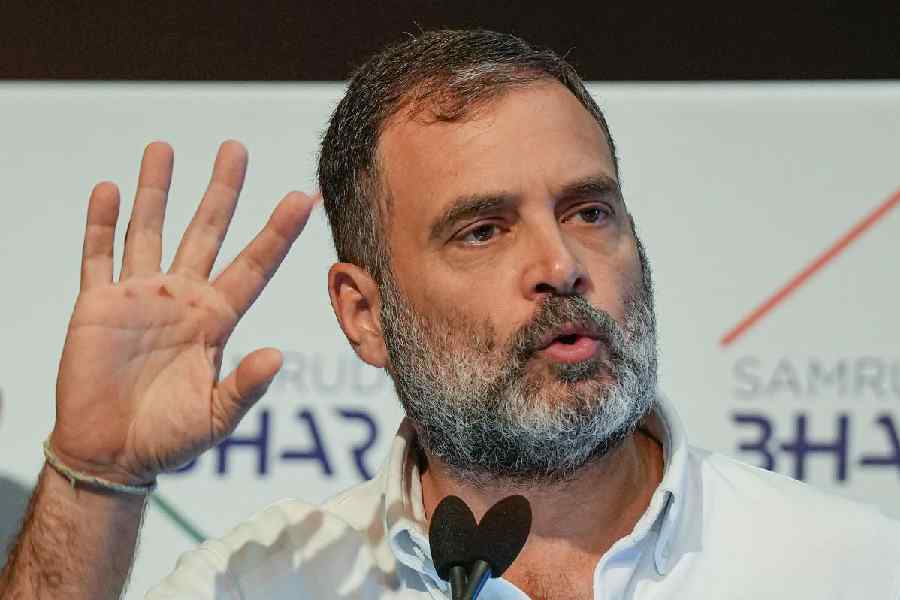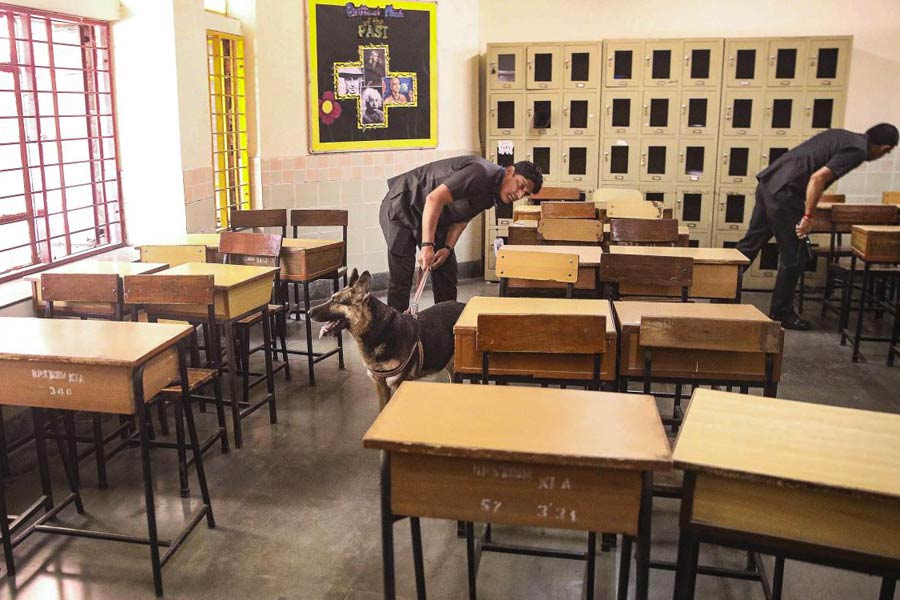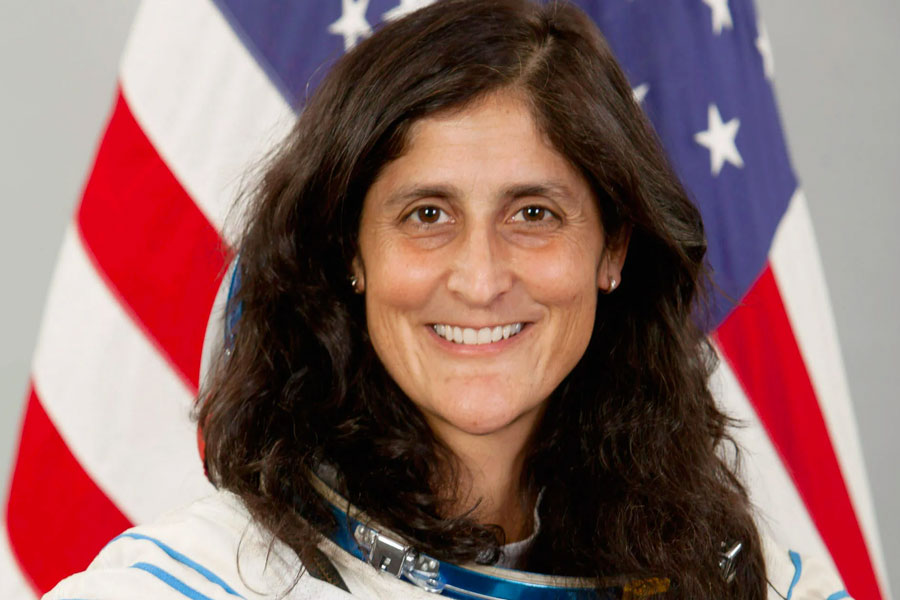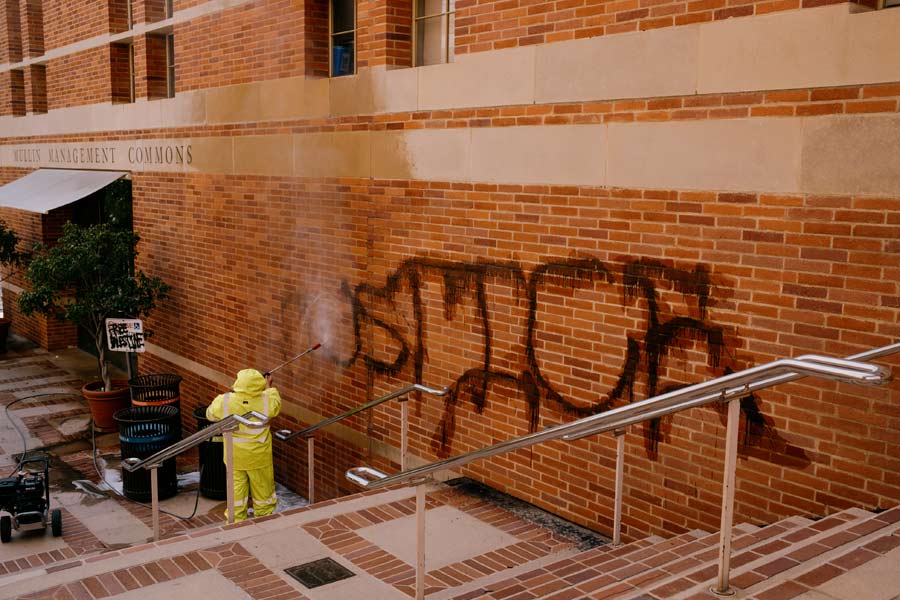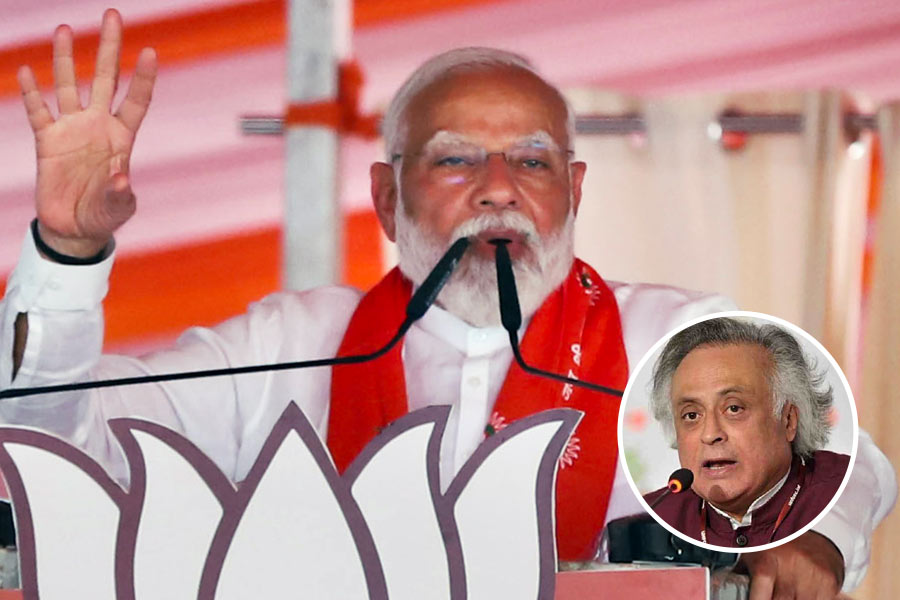The Supreme Court on Wednesday struck a decisive blow for protecting free speech and media freedom, saying critical views on government policy cannot be construed as anti-establishment and setting aside the Centre’s order revoking the licence of the Malayalam news channel Media One.
A bench headed by Chief Justice of India D.Y. Chandrachud brushed aside the Centre’s claims of “security concerns” and the media house’s purported links with the Jamaat-e-Islami Hind, which in any case is not a banned organisation.
In observations that have a bearing on several contemporary topics, the top court said: “A homogenised view on issues that range from socio-economic polity to political ideologies would pose grave dangers to democracy.... The critical views of the channel, Media One, on policies of the government cannot be termed anti-establishment.”
In fact, the two-judge bench that included Justice Hima Kohli went on to say that “the use of such a terminology (anti-establishment) in itself represents an expectation that the press must support the establishment”.
The action of the information and broadcasting ministry “by denying security clearance to a media channel on the basis of the views, which the channel is constitutionally entitled to hold, produces a chilling effect on free speech, and in particular on media freedom. Criticism of government policy can by no stretch of imagination be brought within the fold of any of the grounds stipulated in Article 19(2) (reasonable restrictions in the interests of the security and sovereignty of India)”, the bench said.
The bench passed the verdict while allowing the appeal filed by Madhyamam Broadcasting Ltd that runs the channel, the trade union of working journalists, Media One editor Pramod Raman and others, challenging the Centre’s refusal to renew the licence.
The court asked the Centre to renew the licence of the channel within four weeks. “MIB (ministry of information and broadcasting) shall now proceed to issue renewal permissions in terms of this judgment within four weeks and all other authorities shall co-operate in issuing necessary approvals. The interim order (stay on licence revocation) of this court shall continue to operate until the renewal permissions are granted,” the bench added.
Writing the 133-page judgment, Justice Chandrachud minced no words in expressing strong misgivings about the government’s approach to submit a sealed cover before Kerala High Court over the alleged security concerns regarding the operation of the channel, the manner in which the single judge accepted the sealed cover reports, which was subsequently affirmed by a division bench of the high court.
“We are of the opinion that the respondents (Union home and I&B ministries) by not providing a reasoned order denying the renewal of licence, not disclosing the relevant material and by disclosing the material only to the court in a sealed cover have violated the appellant’s right to a fair hearing protected under Article 21 of the Constitution. The respondents were unable to prove that the restrictions on the appellants’ right to a fair hearing were reasonable,” the court said.
The bench then set aside, “on the ground of the infringement of procedural guarantees”, the I&B ministry’s order denying permission to renew the licence.
The court asserted that freedom of the press, which is protected as a component of Article 19(1)(a), can only be restricted on the grounds stipulated in Article 19(2) of the Constitution.
The grounds stipulated in Article 19(2) include the “sovereignty and integrity of India, the security of the State, friendly relations with Foreign States, public order, decency or morality or in relation to contempt of court, defamation or incitement to an offence”.
The court said: “The denial of security clearance to operate a news channel is a restriction on the freedom of the press, and such restriction is constitutionally permissible only on the grounds stipulated in Article 19(2) of the Constitution. An independent press is vital for the robust functioning of a democratic republic. Its role in a democratic society is crucial, for it shines a light on the functioning of the State. “The press has a duty to speak truth to power and present citizens with hard facts enabling them to make choices that propel democracy in the right direction.”
“The restriction on the freedom of the press compels citizens to think along the same tangent. A homogenised view on issues that range from socioeconomic polity to political ideologies would pose grave dangers to democracy,” Justice Chandrachud observed.

